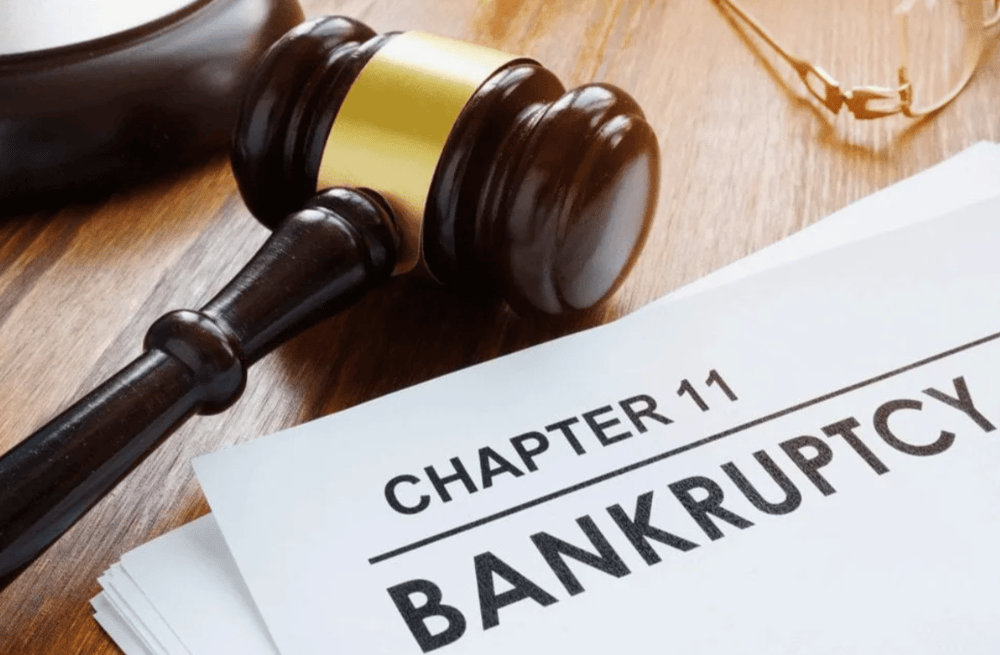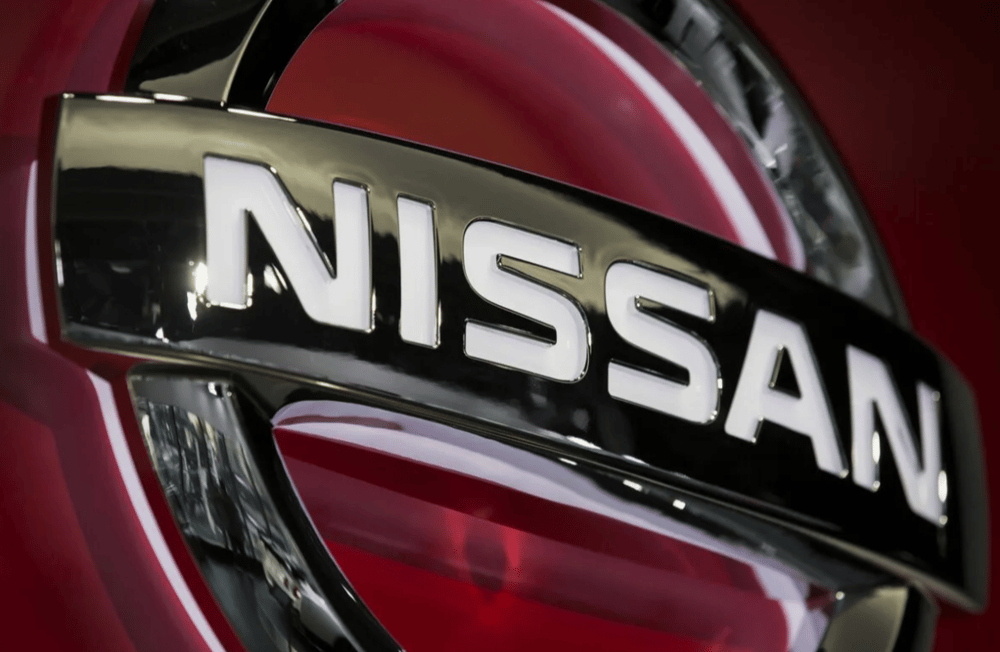Marelli Faces Chapter 11 Bankruptcy Talks Amid KKR Ownership and Motherson Buyout Prospects
Italian-Japanese auto parts supplier Marelli, owned by private equity firm KKR $KKR , is currently in advanced talks with creditors as it grapples with heavy debt burdens. According to reports from Japanese news agency Kyodo, Marelli may file for Chapter 11 bankruptcy protection in the United States. The move is aimed at preserving its operations and supplier commitments, particularly to major OEMs like Nissan $7201.T and Stellantis $STLA, while it seeks financial restructuring and new capital injections.
This situation underscores growing financial stress in the global automotive parts industry, as companies face challenges from supply chain volatility, higher input costs, and slowing global demand.
Key Developments and Strategic Implications for Marelli and the Sector
The potential Chapter 11 filing would allow Marelli to continue operations during court-supervised restructuring while negotiating further support from investors and potential buyers. A central element of the discussion involves a potential acquisition or capital injection from Motherson Group, an Indian multinational with a strong presence in the automotive components space.
Given Marelli's role as a tier-1 supplier, its financial instability raises concerns about continuity in the supply of critical components to global automakers.
Quick Facts
Marelli is jointly headquartered in Italy and Japan, formed from the merger of Calsonic Kansei and Magneti Marelli.
KKR acquired Marelli in 2019 for approximately $3.3 billion.
The company is reportedly considering filing for Chapter 11 bankruptcy in the US.
Marelli supplies key components to major automakers, including Nissan, Stellantis, and others.
A possible acquisition by Motherson Group is under negotiation.
Chapter 11 would allow Marelli to maintain operations and seek restructuring protection.

Market Reactions and Investor Insights: Evaluating Risks and Opportunities
The announcement sparked cautious responses across financial markets and the auto sector. While publicly traded entities like Nissan and Stellantis have not yet issued formal statements, the industry is monitoring developments closely. Analysts note that while Marelli is privately held, its collapse or restructuring would reverberate across the supply chains of publicly listed OEMs and possibly delay vehicle production schedules.
Private equity firm KKR, which owns Marelli, faces scrutiny over its portfolio management, especially given the increasing number of debt-laden companies in need of restructuring under rising interest rates and tightening capital markets.
Key Points to Watch
Bankruptcy Filing Timeline — If Marelli files under Chapter 11 in the U.S., legal proceedings could commence within weeks.
Motherson Negotiations — The outcome of potential acquisition talks will shape Marelli’s restructuring strategy.
OEM Supply Stability — Nissan and Stellantis depend on Marelli for essential systems, and any disruption could have operational impacts.
Debt Restructuring Terms — Marelli’s creditors and KKR are reportedly discussing haircuts and conversion options.
Cross-Border Legal Complexities — Navigating U.S. bankruptcy laws while operating globally will present legal and logistical challenges.

A Test Case for Private Equity and Auto Sector Resilience
Marelli’s financial distress and potential Chapter 11 filing mark a critical juncture for the global automotive supply chain. The outcome of this case will likely serve as a precedent for other private-equity-backed firms in capital-intensive industries. If a deal with Motherson Group materializes, it could stabilize Marelli’s operations and maintain OEM production lines.
However, the situation exposes the fragility of leveraged business models in cyclical sectors like automotive manufacturing. As credit conditions tighten and restructuring activity intensifies, Marelli's case could reshape investor strategies in the industry.















Comments